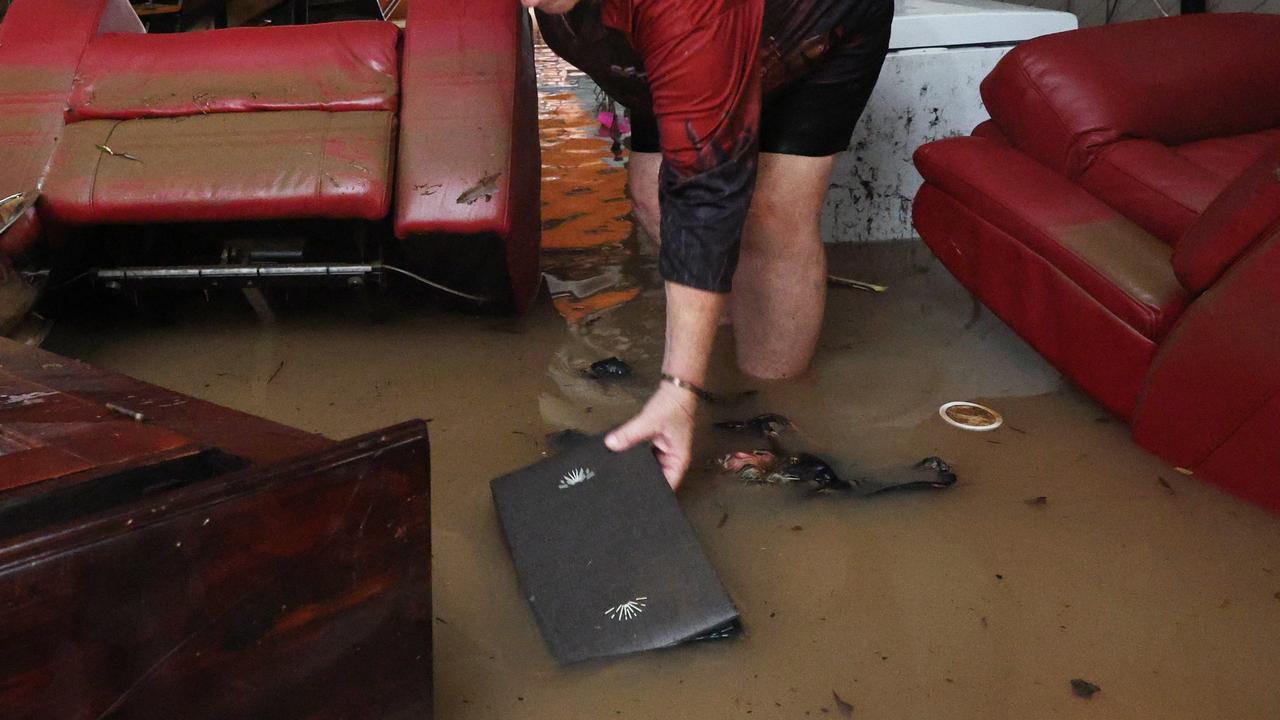Far North teen in lockdown floods cell after being denied water
Details of inhumane treatment of a 13-year-old boy locked down 24-hours a day for extended periods have been revealed in court amid claims that the state by isolating children in detention is in breach of its own laws.

Cairns
Don't miss out on the headlines from Cairns. Followed categories will be added to My News.
For the second time in a month, inhumane treatment of a 13-year-old boy locked down 24-hours a day for extended periods at a troubled North Queensland detention centre has been revealed in a Cairns court, amid claims that by isolating children in detention the state is in breach of its own laws.
In February, Children’s Court Judge Tracy Fantin unleashed a scathing criticism of a young offender’s treatment after discovering he was kept in “virtual solitary confinement” for nearly 80 days at Townsville’s Cleveland Youth Detention Centre.
“If you treat a child like an animal, it is unsurprising that they may behave like an animal,” she said.
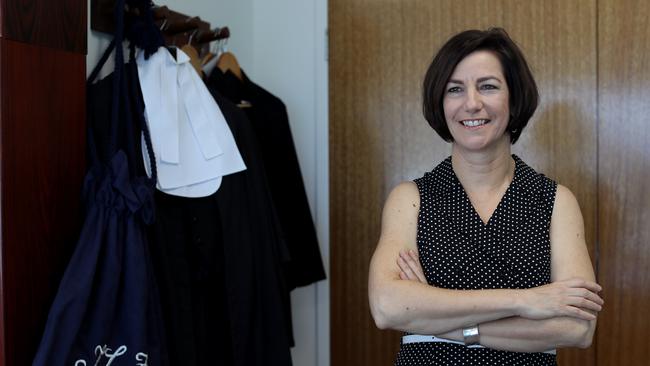
Last Friday an Atherton Tablelands boy, given the name “Jack,” was released from the same detention centre by a Children’s Court judge without being sentenced to a custodial term.
After being remanded in custody on common assault and stealing charges, Jack served a total of 60 days in virtual solitary confinement, according to a report released after defence barrister Tim Grau obtained a court order.
“I can only imagine a young boy kept in isolation is harmful and as Judge Fantin said in the case of (the boy reported on in February), incarceration has no rehabilitation purpose and has probably exposed the community to future harm because he had been incarcerated,” Mr Grau said.
“The biggest factor leading to recidivism is incarceration in the first place.”
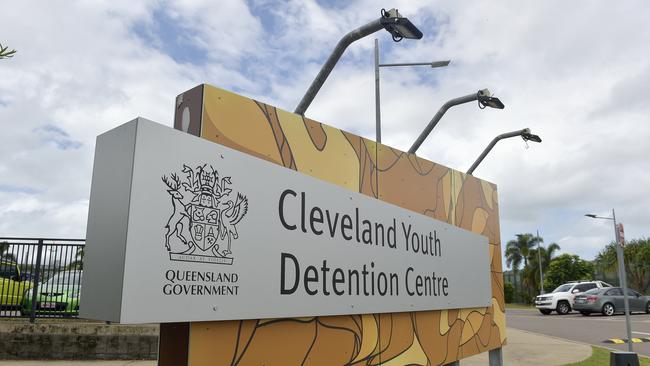
Jack was arrested in Mareeba on October 25 after a scuffle outside a fast food restaurant before spending two nights in the local watch house, and then arriving in Cleveland on October 27.
He was released on bail on November 11 after spending 14 days in isolation.
Jack served another 22 day stint this year after reoffending by smashing a shopping centre door in with a trolley, entering a house and stealing keys, and drinking alcohol he knew was stolen.
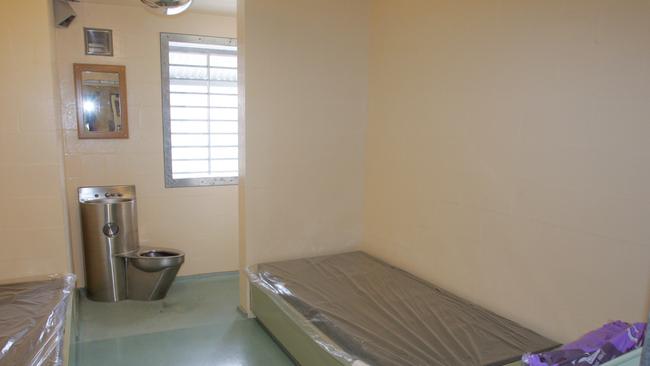
No extra charges were added while Jack was inside for poor behaviour.
Lack of staff is understood to be the reason for extended periods of solitary confinement.
The document tendered to the court stated Jack was denied drinking water during confinement at Cleveland and in desperate need of a drink, he flooded his cell.
In total, Jack was out of his cell for 32 hours during a total in-custody period of 60 days.
Founder of prisoner advocacy group Sisters Inside Debbie Kilroy said children being locked down was “normal operating practice” inside Queensland youth prisons.
“I am not shocked that solitary confinement, in any form, and by any other name is being used in Cleveland Youth Detention Centre,” she said.
“(There’s) no programs, no school, no trauma-informed practice. Solitary confinement is the only consistent practice youth prisons use for children. They are harmed on an ongoing and daily basis.”
Mr Grau said ordinarily, given offending by Jack he would not have received a term of detention, taking into account his age, the seriousness of the offending and his minor criminal history.
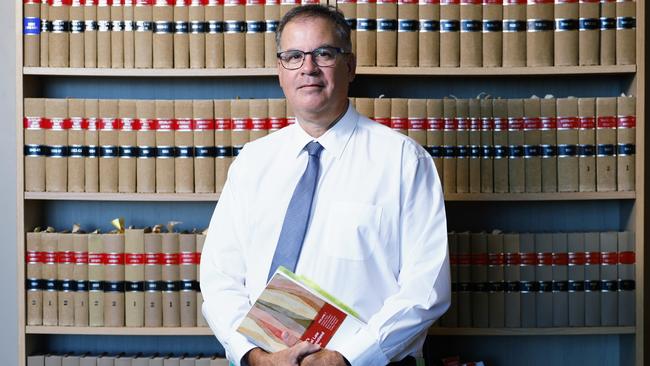
“Notably the Crown did not seek a term of detention for this offending,” Mr Grau said.
“Instances of both of these boys are clear breaches of the principles of the Youth Justice Act.”
Youth Justice Minister Leanne Linard said the overarching principle of detention centre management was the safety and security of staff and prisoners.
“Separations are used as a last resort and are subject to strict controls,” she said.
“At all times during a separation, young people have access to visits and professional support services, phone calls, education material, meal routines and recreational activities.”
A Department of Children, Youth Justice and Multicultural Affairs spokesman said staffing shortages could lead to “separations.”
“Youth detention centres are complex and difficult environments, and practices used in the centres are designed to ensure the safety of staff and young people at all times,” he said.
The Department disputed isolation periods endured by Jack and claimed log book records showed that he interacted with other young people and staff on “multiple days.”
Mr Grau said if the Justice Department’s information is incorrect the “Minster should inform the court and release the correct data”.
More Coverage
Originally published as Far North teen in lockdown floods cell after being denied water




